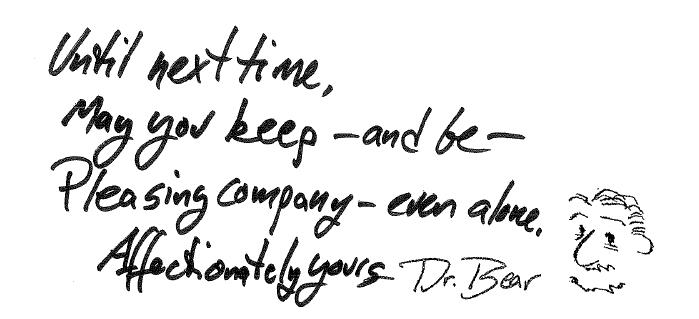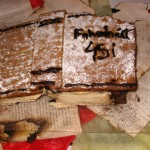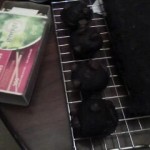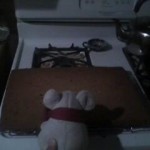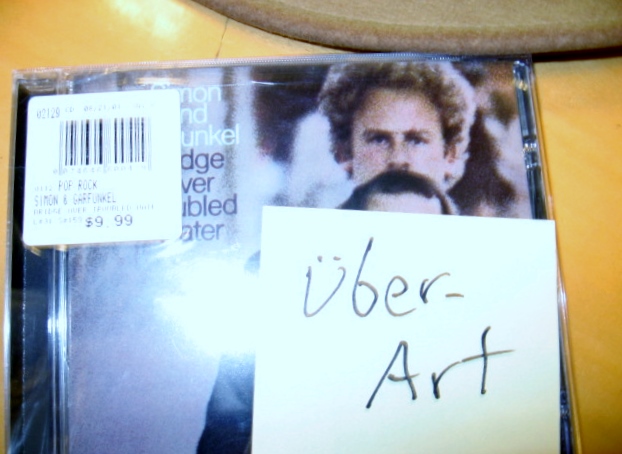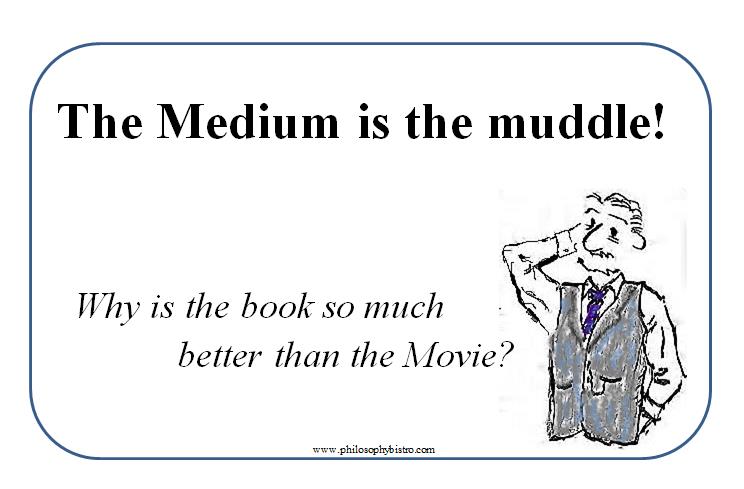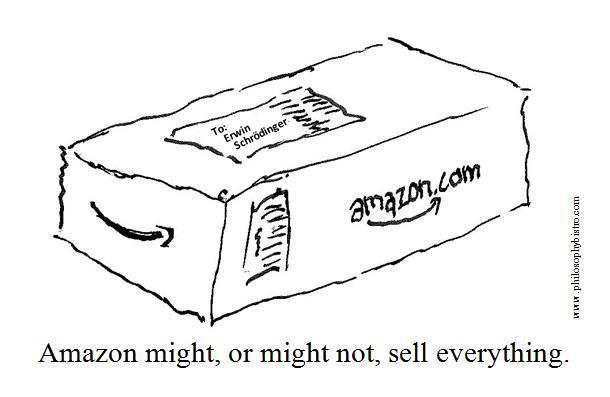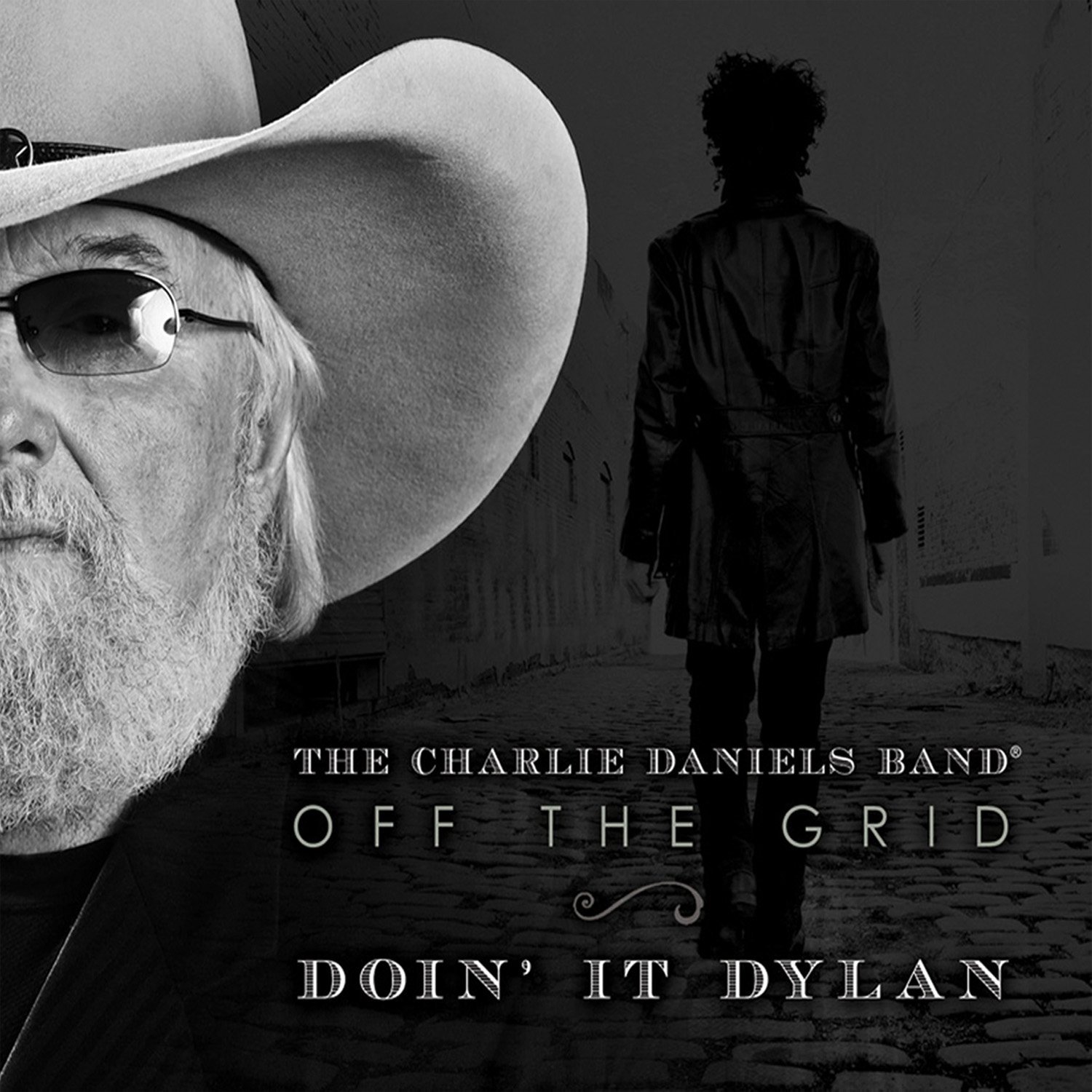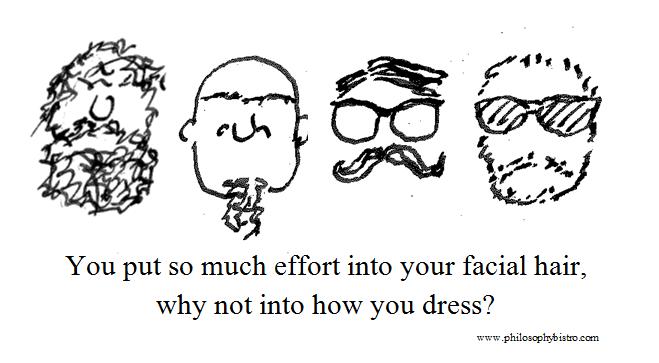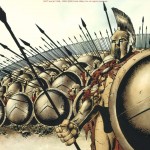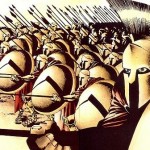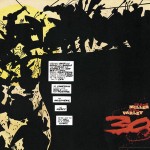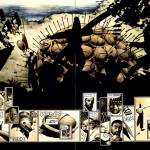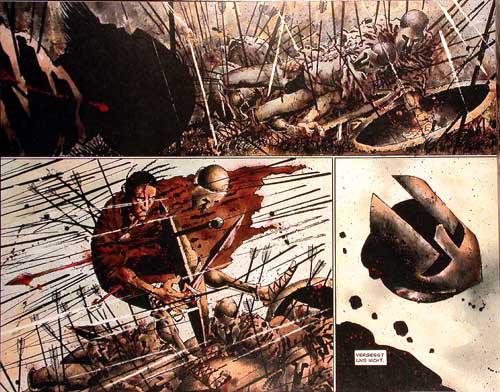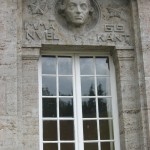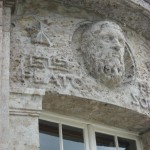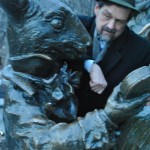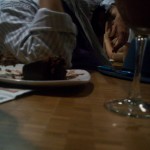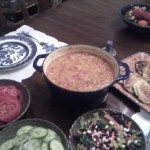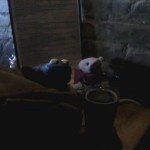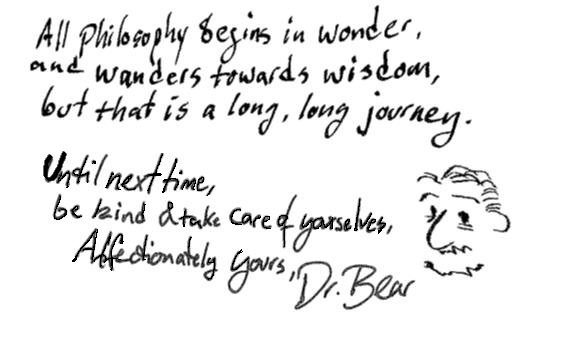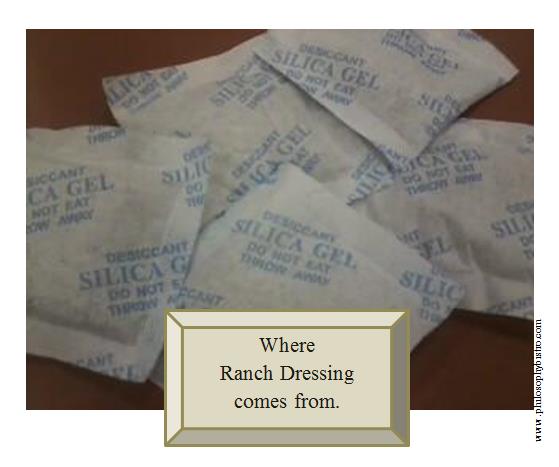Looking at the marquees, it seems like almost all of the movies now playing are adaptations of books.
This seems odd since “it is a truth universally acknowledged” that the movie is never as good as the book.
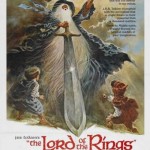 Everybody has a horror story or two of a book or story they love that then becomes something hideous on screen—King fans can fill books with critiques of bad adaptations. For me, the worst adaptation ever will remain the animated version of The Lord of the Rings, released in 1978. Just thinking about it makes me cringe.
Everybody has a horror story or two of a book or story they love that then becomes something hideous on screen—King fans can fill books with critiques of bad adaptations. For me, the worst adaptation ever will remain the animated version of The Lord of the Rings, released in 1978. Just thinking about it makes me cringe.
(On a related note, the DVD of The Hobbit; The Desolation of Smaug was released this week. If you were concerned that the movie was too brief or didn’t add enough material in, it includes a director’s cut.)
Now there are exceptions to the rule about bad movies.
The Grapes of Wrath is an amazing movie in every way, and quite true to the book; nevertheless, the epic novel is better. Similarly (and more recently) The Book Thief was a quite good adaptation, and the acting was masterful; again, though, the book is even better.
So why is the change of medium such a muddle?
Why is the book almost always better than the film?
A lot of it is, of course, the abysmally poor writing–or lack thereof–in the film industry today, but I think the difference goes even deeper.
Some of it has to do with the power of words to tell stories.
We think in storytelling. This is not poetic hyperbole; we think in stories, 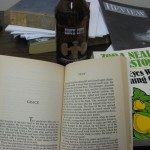 and organize information within a narrative framework. Stories go back as far as humans do; they are an integral part of being human. Stories are the most basic way of learning complex, not immediately present information. Our own experiences are integrated into stories so we can make sense of them and remember them.
and organize information within a narrative framework. Stories go back as far as humans do; they are an integral part of being human. Stories are the most basic way of learning complex, not immediately present information. Our own experiences are integrated into stories so we can make sense of them and remember them.
The world is a story we tell ourselves.
So it is not surprising that it seems natural for a storyteller to create worlds for us: beautiful worlds, complex and real, terrifying and moving worlds, worlds more real than the pale things pinging upon our senses.
Now, I do love films, and I do think we can make stories with pictures. We have since we lived in caves. However storytelling is the action and art of words—not sensation that has to be edited into experience, or experience that has to be interpreted into ideas and words, but rather sensation and experience already put into the form our mind would live with.
…and live within.
I love a quick, intense 2 hour encounter with the wonder of cinematic story,
but I can live years inside the world of a book, even on a single, rainy afternoon.

